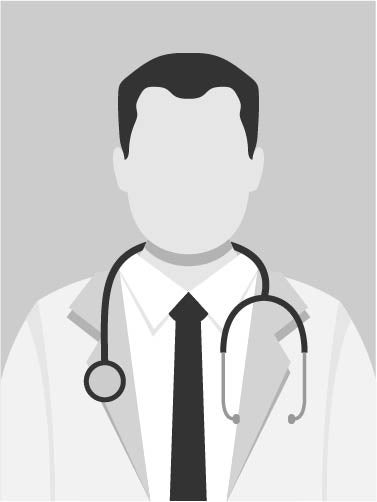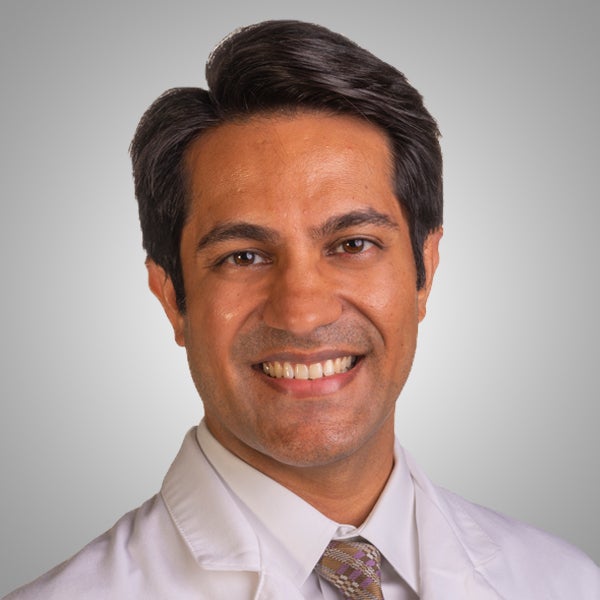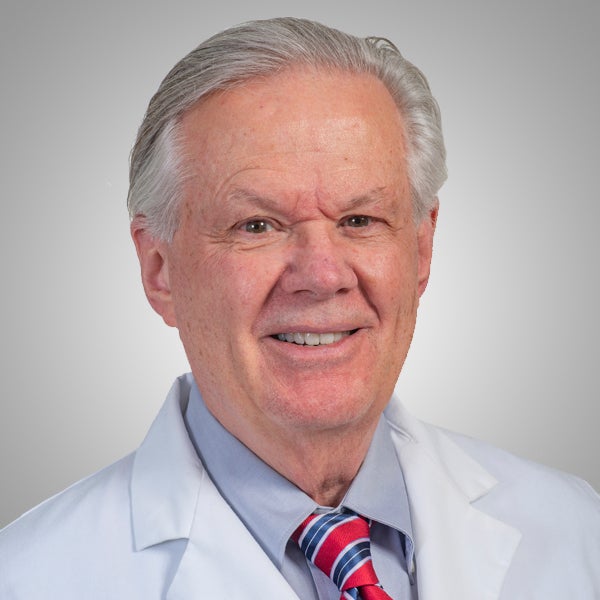Neurosciences
Neurosciences is the medical specialty that provides care for the brain, spinal cord and peripheral nerves. St. Mary's is a recognized national leader in Neurosciences having received the Stroke Care Gold Plus Award.
We offer award-winning care for stroke, brain injury, spinal conditions and many other neurological issues, including life-saving emergency services. St. Mary’s continuum of neuroscience care has helped thousands of people prevent illness, treat emerging problems, maximize recovery and manage chronic conditions. We want to be your neuroscience center of excellence.

Neuroscience incorporates a wide range of conditions affecting some 15 million Americans, including:
- Alzheimer’s Disease
- Brain Tumors
- Dystoma
- Epilepsy
- Headaches
- Lumbar Spinal Stenosis
- Migraines
- Parkinson’s Disease
- Spinal Cord Injury
- Spine, Neck, and Back Pain
- Stroke
- Traumatic Brain Injury
- Trigeminal Neuralgia






